By Patrick Caron – President of Agropolis International, Montpellier, France
and Co-Chair Foresight4Food Initiative
In today’s rapidly changing world, it’s vital to reassess our approach to foresight if we aim to make meaningful transitions toward a better future. But first, I want to reverse the perspective. Why should we engage with foresight in the first place? Why should foresight be central to our strategy for navigating today’s uncertainties and transitioning toward a more sustainable world? This will enable us to see the value of foresight, while also urging us to explore new transitions in foresight practice itself.
Upcoming event
Join us for an insightful session on “Foresight Navigating Polycrises”, where we’ll explore how foresight approaches can evolve to help us navigate the complexities of today’s global polycrises.
The Polycrisis We Face
We are all aware that the world today is facing multiple, interconnected crises—what is increasingly referred to as a “polycrisis”. From climate change and environmental degradation to food insecurity, conflict, and mass migration, global interconnected crises are compounding in ways that make solutions more elusive. We see extreme weather events, challenges in livelihoods, and even migration crises, all feeding into one another. The agricultural and food sector provides a telling example of how this complexity plays out. In the 20th century, food security was often synonymous with simply increasing agricultural output to meet the needs of a growing population. But this approach no longer holds in the 21st century, where food systems must integrate issues like ecosystem health, social justice, and human well-being.
Beyond Agriculture: Foresight, Food Systems, and Global Goals
Foresight is essential for transforming food systems as it enables a long-term, integrated view of how food, health, climate, and equity intersect. As food systems now play a critical role in achieving multiple Sustainable Development Goals (SDGs), foresight helps policymakers, researchers, and stakeholders anticipate future challenges like climate change, resource scarcity, and population growth. This forward-looking approach is key to navigating complex global challenges and achieving the holistic transformation called for by initiatives like the UN Food Systems Summit.
At the same time, the polycrisis demands a systems-level approach. The transformation of food systems is no longer about just ending hunger (SDG2), but about achieving multiple Sustainable Development Goals (SDGs). Food systems now lie at the intersection of climate action, health, equity, and sustainability. This complexity was highlighted at the UN Food Systems Summit in 2021, where the call for a holistic transformation of food systems became clear.

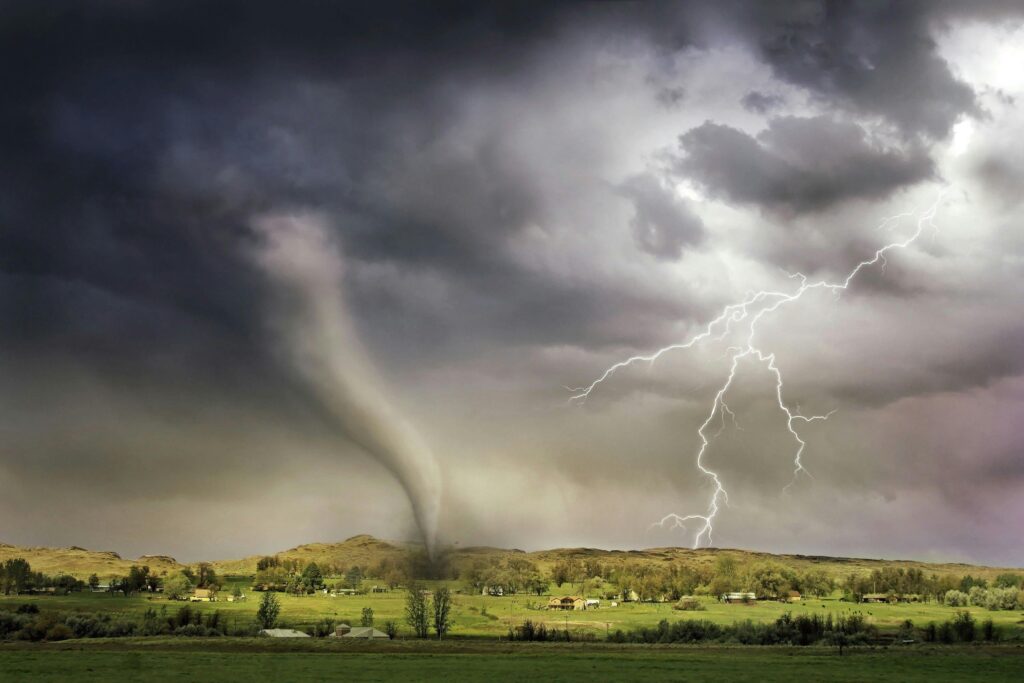
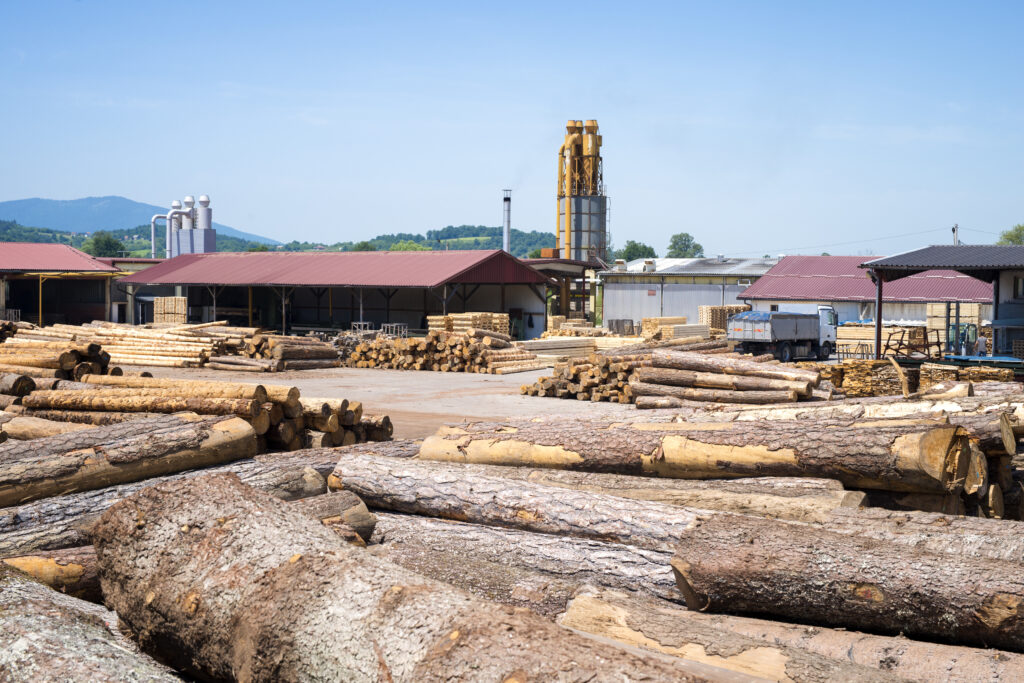
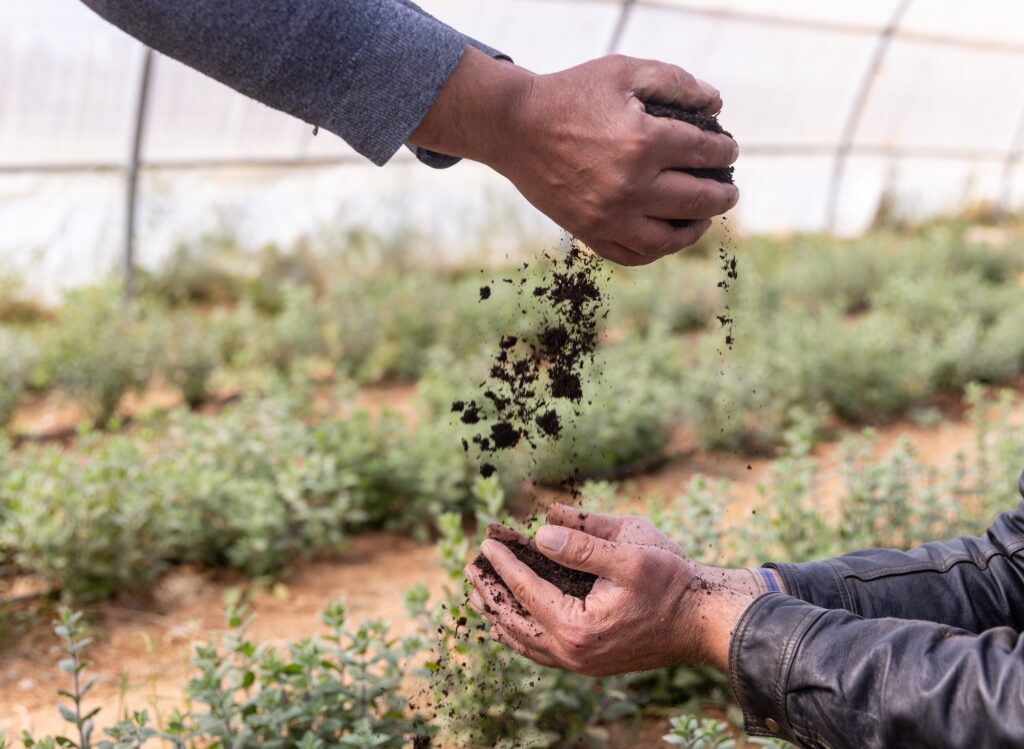
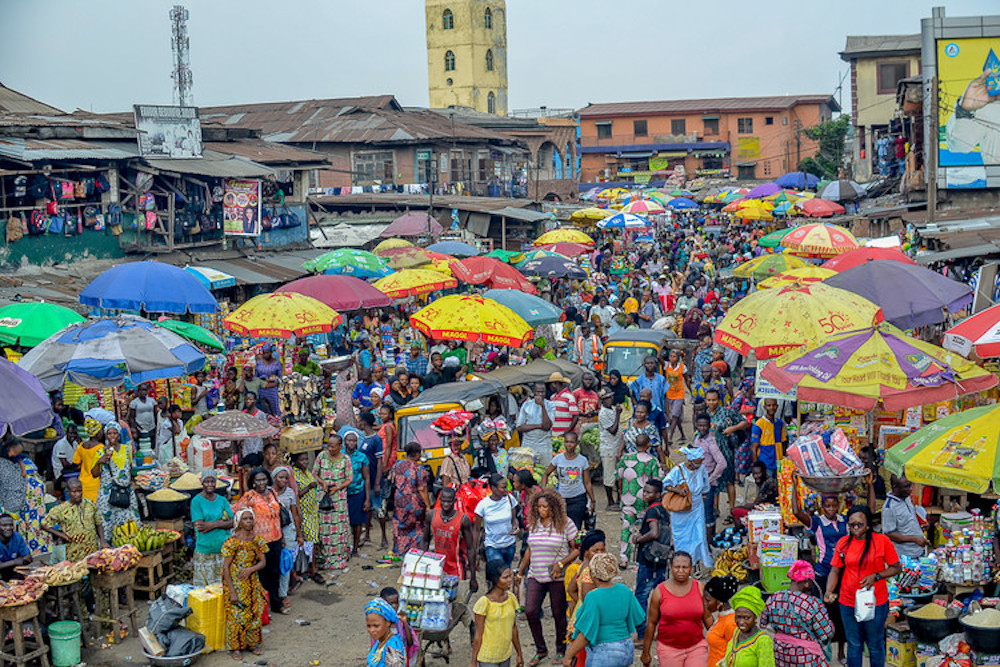
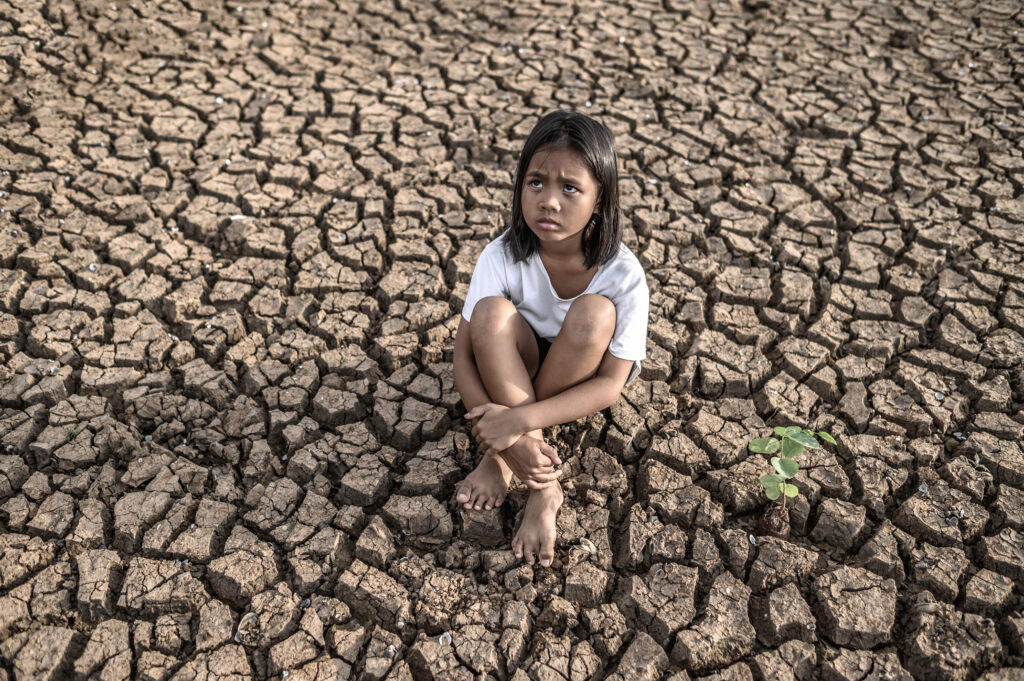
The Changing Role of Science
Science, too, is evolving. For much of the 20th century, there was a more linear view of science’s role: knowledge was generated, applied through technology, and action followed. Today, this model no longer applies. The polycrisis is too complex for linear solutions. We must embrace uncertainty, acknowledging that even science has limits and that collaboration across disciplines and sectors is essential.
Four Key Shifts for Foresight and Science
If we want to move forward, we need to embrace four critical shifts in how we think and act.
- From Forecast to Foresight
Forecasting has long been about identifying trends, but the future rarely follows a predictable path. We need to move beyond forecasts and embrace foresight. This means exploring multiple scenarios, understanding possible and plausible futures, and making decisions today that can shape those futures. Foresight, unlike forecasting, accepts uncertainty and the need for flexibility in planning.
- From Sectoral to Trans-Sectoral Action
Another key shift involves moving from siloed thinking to a trans-sectoral approach. Cities, nations, and scientific disciplines often focus on their own isolated priorities, which makes it difficult to address the interconnected nature of modern crises. For example, city officials may focus on water, transportation, or sanitation, while a Ministry of Agriculture focuses on food production, and scientists work within their own disciplinary boundaries. To address food security and other pressing global issues, we need to bring together health, agriculture, environment, and more into integrated solutions.
- From Certainty to Controversy
We also need to shift from seeking certainties to embracing and addressing controversies. Science has traditionally been about providing concrete answers, but in today’s world, differing perspectives and debates are inevitable. These debates are not just a sign of conflict; they are an opportunity to bring diverse views together to design better solutions. Rather than avoiding controversy, we need to engage in dialogue and even mediation, respect differing opinions, and work toward a shared understanding of why disagreements exist.
- Building Capacities for Collective Action
Finally, we must invest in developing capacities for collective action and innovation. It’s essential to create structures that allow diverse voices to be heard, including those who are often marginalized. We need to foster environments where science and policy can interact in meaningful ways, not through a simple transfer of knowledge, but through the co-creation of actionable solutions. This requires building institutional frameworks that support ongoing dialogue between policymakers, scientists, and communities.
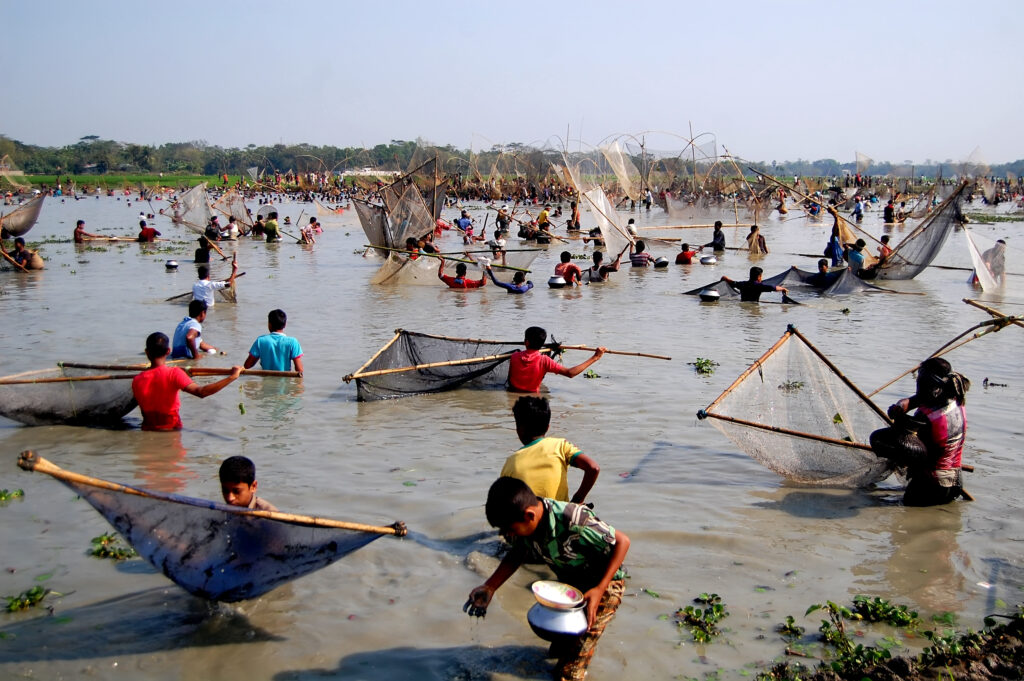
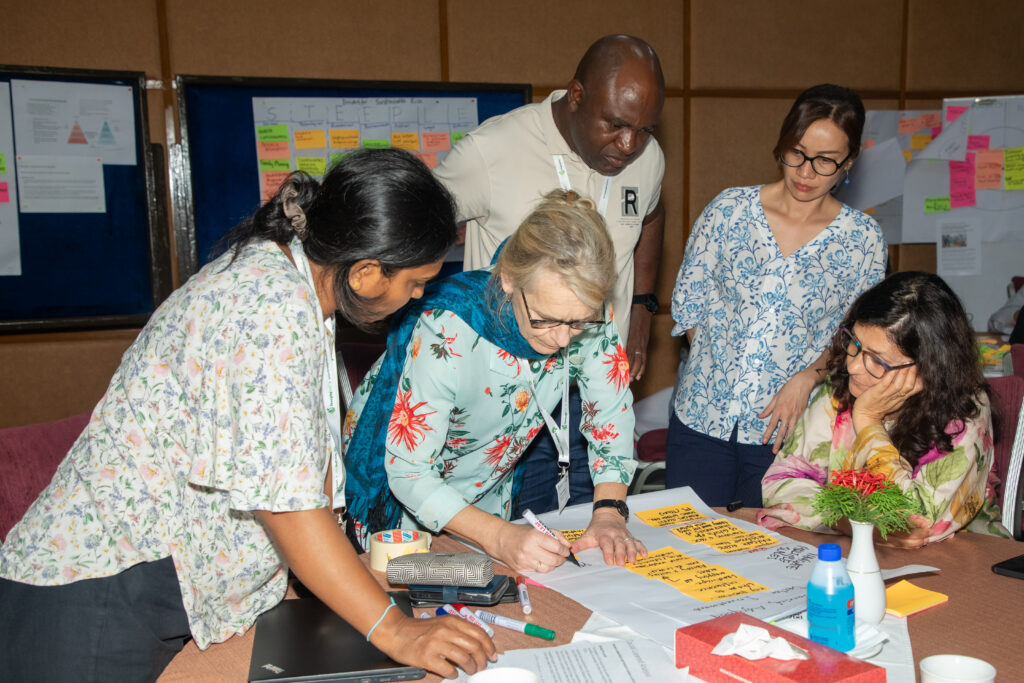
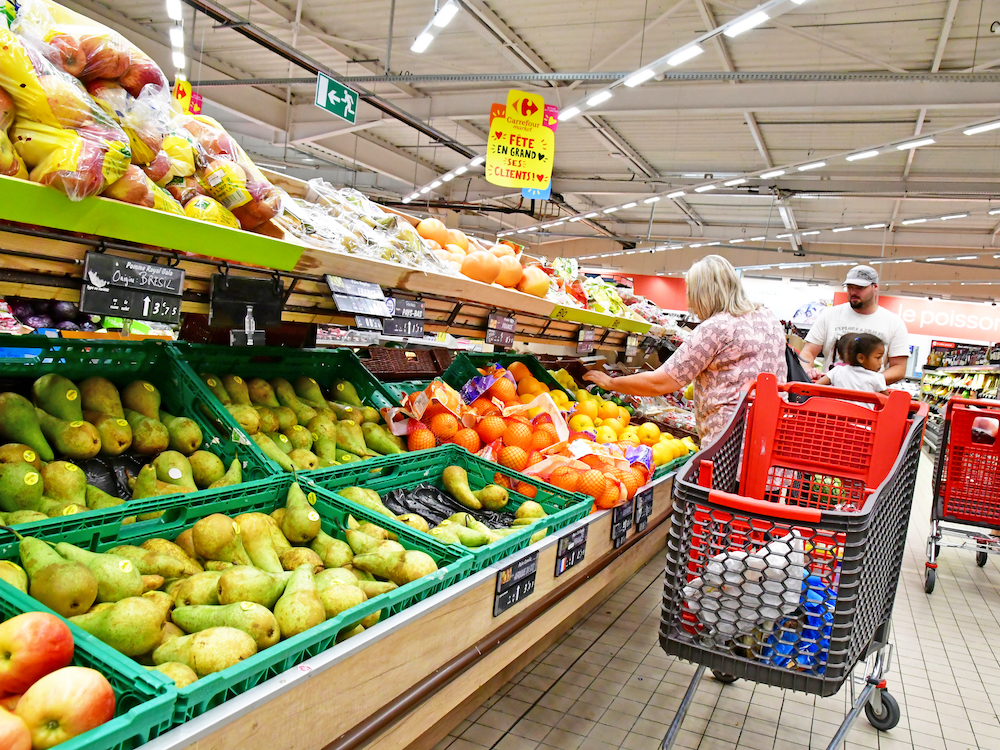
The Road Ahead – Foresight4Food and Global Change
Foresight4Food offers a way forward by pooling collective intelligence across agriculture, food, environment, and health. The path to a sustainable future lies in collaboration—across sectors, disciplines, and scales. From local to global, the interconnected nature of today’s challenges demands that we look beyond traditional boundaries. We must explore possible futures, engage with uncertainty, and develop innovative solutions that can help us move toward a more just and sustainable world.
The 2021 UN Food Systems Summit and other international initiatives, such as the Montpellier Process, show that while we are facing unprecedented challenges, we are also making strides in understanding how to address them. Foresight can help us navigate these complex dynamics, allowing us to envision a future where food systems, health, and environmental sustainability are addressed consistently.
In conclusion, our collective efforts should focus on fostering dialogue, embracing uncertainty, and developing capacities that will allow us to pool collective intelligence and shape the future. Only by breaking down silos and working together can we hope to navigate the polycrisis and create a better world for future generations.